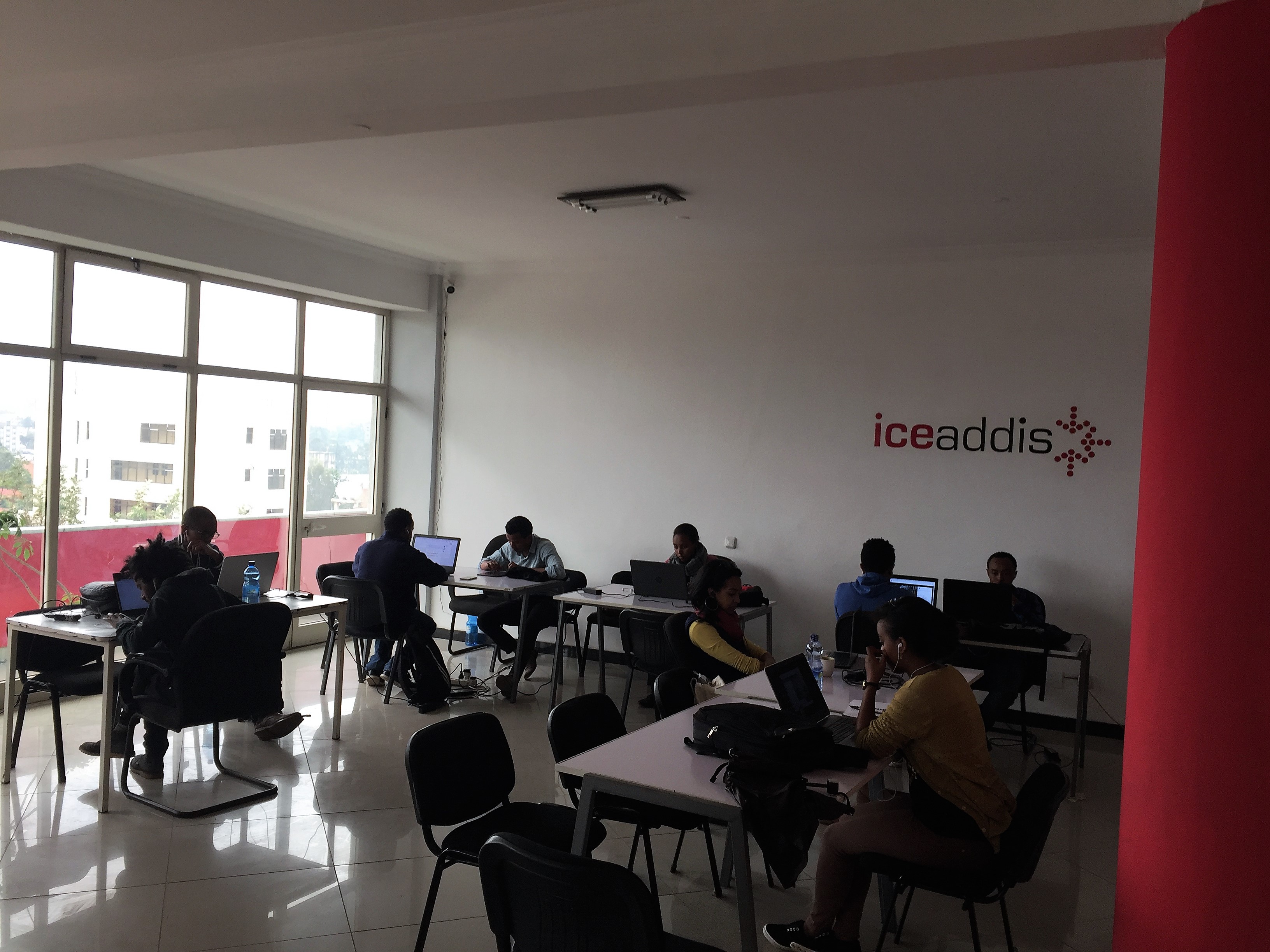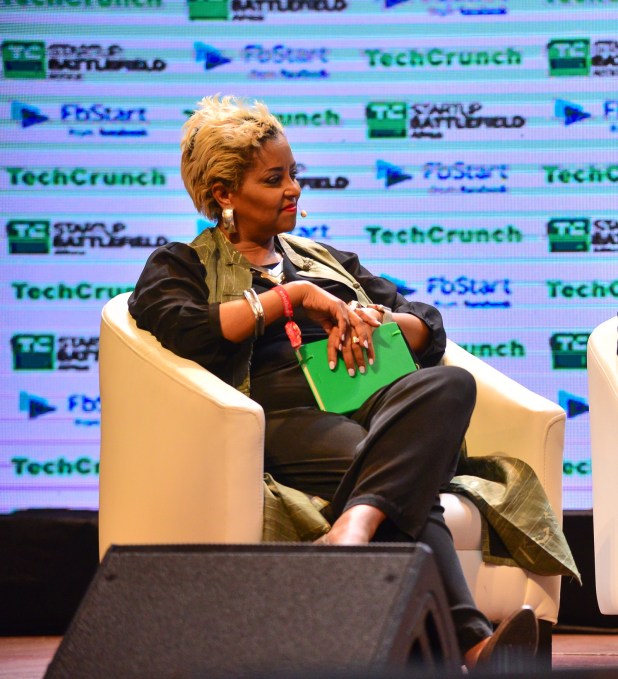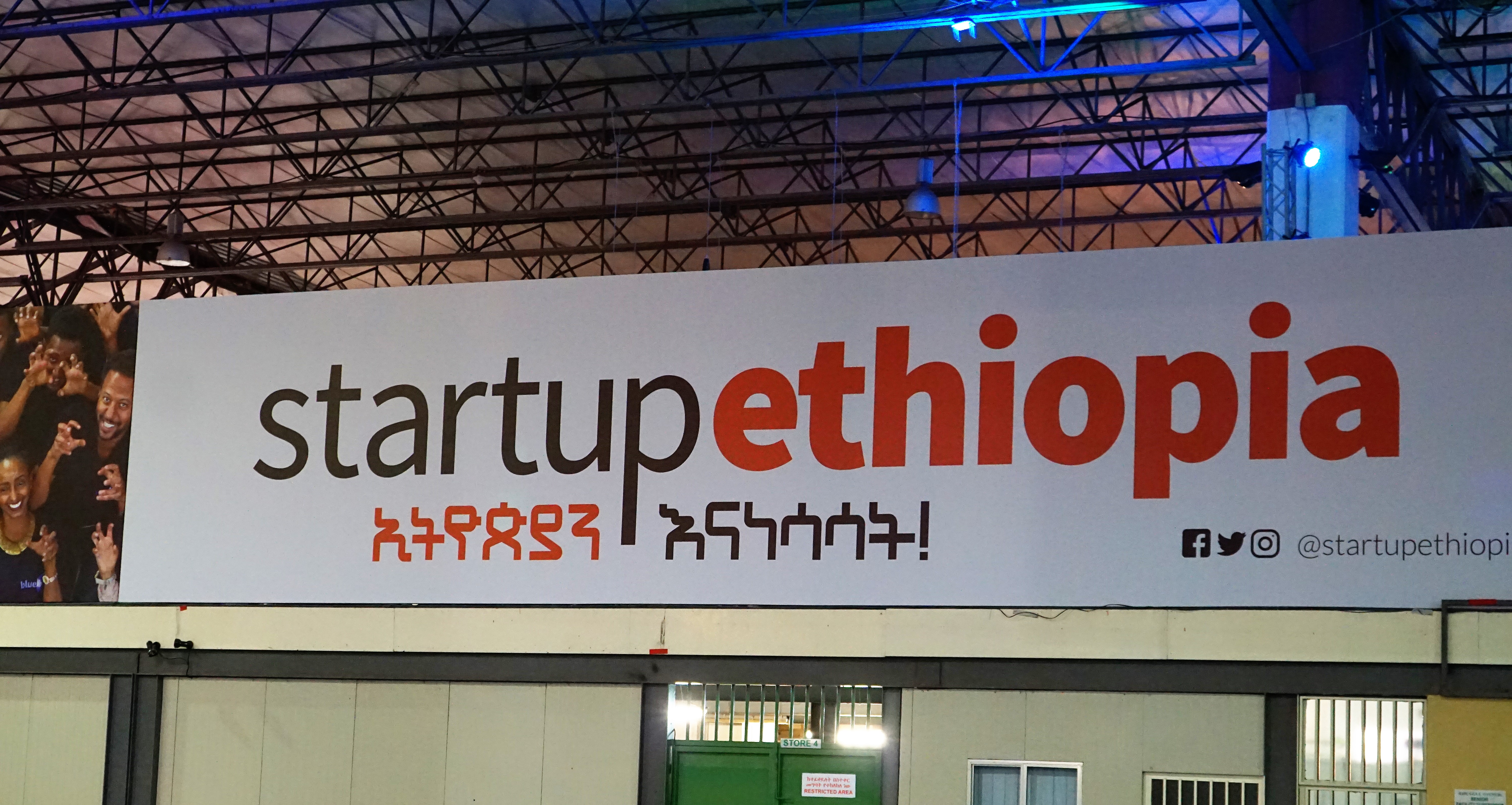Ethiopia is flexing its ambitions to become Africa’s next startup hub.
The country of 105 million with the continent’s seventh largest economy is revamping government policies, firing up angel networks and rallying digital entrepreneurs.
Ethiopia currently lags the continent’s tech standouts — like Nigeria, Kenya and South Africa — that have become focal points for startup formation, VC and exits.
To join those ranks, the East African nation will need to improve its internet environment, largely controlled by one government-owned telecom. Last week Ethiopia’s government shut down the internet for the entire nation.
Startups, hubs, accelerators
Ethiopia has the workings of a budding tech scene. Much of it was on display recently at the county’s first Startup Ethiopia event held in Addis Ababa.
On the startup front, ride-hail ventures Ride and ZayRide have begun to gain traction (Uber has not yet entered Ethiopia). Their cars are visible buzzing throughout the capital and ZayRide will expand into Liberia in August, CEO Habtamu Tadesse confirmed to TechCrunch.
 While in Addis, I downloaded and used Ride — founded by female entrepreneur Samrawit Fikru — which quickly flashed connections to nearby drivers on my phone and allowed for cash payment.
While in Addis, I downloaded and used Ride — founded by female entrepreneur Samrawit Fikru — which quickly flashed connections to nearby drivers on my phone and allowed for cash payment.
This month’s Startup Ethiopia also showcased high-potential early-stage ventures, such as payment company YenaPay and online food startup Deamat. YenaPay has worked to build a digital payments imprint in Ethiopia’s largely cash-based economy. The startup has onboarded more than 500 merchants, including ZayRide, according to co-founder Nur Mensur.
Deamat blends e-commerce and agtech. “We connect small-holder farmers with consumers. People can use their phone, pay with their phone, get any kind of agricultural products they want and we deliver,” co-founder Kisanet Haile told me after pitching to judges that included Nigerian angel investor Tomi Davies and Cellulant CEO Ken Njoroge.
 Ethiopia has several organizing points for startup, VC and developer activity. Tech talent and startup marketplace Gebeya is located in Addis Ababa (with offices globally), and offers programs and services for ventures and tech professionals to gain developer skills and scale their digital businesses.
Ethiopia has several organizing points for startup, VC and developer activity. Tech talent and startup marketplace Gebeya is located in Addis Ababa (with offices globally), and offers programs and services for ventures and tech professionals to gain developer skills and scale their digital businesses.
BlueMoon is an Ethiopian agtech incubator and seed fund. Its founder Eleni Gabre-Madhin has extensive experience working abroad, and played a central convening role in the debut Startup Ethiopia event.

In terms of developer and co-working type spaces, Ethiopia has iCog Labs — an AI and robotics research company — and IceAddis, one of the country’s first tech hubs. Founded in 2011, IceAddis’s mission is to develop Ethiopia’s IT ecosystem, co-founder and CEO Markos Lemma told me during a tour. The hub runs programs such as Ice180, a six-month startup accelerator bootcamp that has graduated 40 ventures. IceAddis also offers a 24-hour co-working space with internet access for techies and startups that want to burn the midnight oil.
Angels and mentors
Startup Ethiopia featured two angel and support networks for Ethiopia’s startups. Tomi Davies and Ethiopian diaspora returnee Shem Asefaw announced the first Addis Ababa Angel Network, supported by African Business Angels Network, which is expected to accept startups this year.
 Startup Ethiopia also showcased Ethiopians in Tech, an entrepreneur support group with Silicon Valley roots. SV-based Bernard Laurendeau, a director at data analytics firm Zenysis and EiT founding member, made the trek from San Francisco to meet with local startups. So did Stackshare founder Yonas Beshawred.
Startup Ethiopia also showcased Ethiopians in Tech, an entrepreneur support group with Silicon Valley roots. SV-based Bernard Laurendeau, a director at data analytics firm Zenysis and EiT founding member, made the trek from San Francisco to meet with local startups. So did Stackshare founder Yonas Beshawred.
Talk of leveraging Ethiopia’s diaspora, which is particularly strong and successful in the United States, for tech was mentioned several times at Startup Ethiopia, including on my panel.
Connectivity
The biggest hurdle for Ethiopia’s startup community (that I could identify) is the situation with local internet.
Mobile and IP connectivity in the country is managed by state-owned Ethio Telecom, though the government — led by newly elected Prime Minister Abiy Ahmed and President Sahle-Work Zewde — has committed to privatize it.
At Startup Ethiopia, I moderated and sat on panels with Ethiopian government representatives to discuss the country’s ‘net situation. This was to the backdrop of the tech event’s Wi-Fi not functioning properly over two days — something that was readily pointed out during Q&A by Ethiopian techies and Liquid Telecom CTO Ben Roberts, who flew in from Nairobi.
Several officials, such as State Minister of Innovation and Technology Jemal Beker, named specific commitments to improve the country’s internet quality, access and choice within the next year, with Ethiopia’s Ministry of Innovation and Technology — Getahun Mekuria — seated in the front row.
Shortly after officials made these public pledges, the government shut down the country’s internet to coincide with national exams.
Days after pledging to expand internet, Ethiopia’s government shuts it off
The government didn’t issue an official reason for the shutdown — and an official in charge of ICT policy did not respond to a TechCrunch inquiry — but press reports and a source speaking on background said the stoppage was done to prevent students from cheating.
Valid reason or not, I received several messages from local techies and startup heads (when the internet was intermittently switched back on) complaining about how the shutdown had totally crippled their businesses.
It appears the situation with internet in Ethiopia may be a bit of a step back before steps forward. After shutting things down, the government announced policy steps last week to break up the national telecom and IP monopoly and issue individual telco licences by the end of 2019.
Prospects
On the upside of Ethiopia’s bid to become a tech and startup hub, the country has a strong demographic and economic thesis — in its large population and economy — to support the scale-up of problem-solving digital businesses. Ethiopia’s large and entrepreneurial diaspora populations, with strong ties to Silicon Valley, could also become a bridge to capital and capacity for its early-stage ventures.
 And another edge Ethiopia could have over other African tech hubs is its advances in developing a manufacturing industry (and higher-paid workforce) that’s now pulling some assembly from China. That includes a mobile assembly plant in Addis Ababa for Tenssion’s Tecno, Africa’s leading mobile phone brand.
And another edge Ethiopia could have over other African tech hubs is its advances in developing a manufacturing industry (and higher-paid workforce) that’s now pulling some assembly from China. That includes a mobile assembly plant in Addis Ababa for Tenssion’s Tecno, Africa’s leading mobile phone brand.
Ethiopia’s startup scene will be stuck in the mud, however, without changes to the internet landscape. As we discussed on the Startup Ethiopia stage, the tech and startups of tomorrow — in Africa and globally — won’t just be driven by IoT, or the Internet of Things.
Tech ventures and their end-users are shifting toward an IoEA future: the internet-of-everything-all-the-time. And it’s impossible for Ethiopia’s startups to move in that direction in a market with one state-controlled mobile provider and IP that has the power to arbitrarily nix connectivity.
So on the policy side, the single most effective thing the government of Ethiopia can do to provide an enabling environment for startups is open up its internet market to improve penetration, choice, cost and reliability.
Do that and it’s likely the other tech pieces assembling around the country — ventures, angels, hubs and entrepreneurs — will sort out the rest.






























Comment